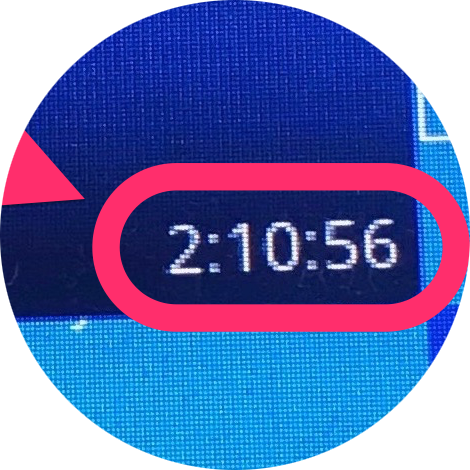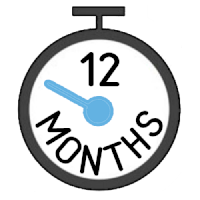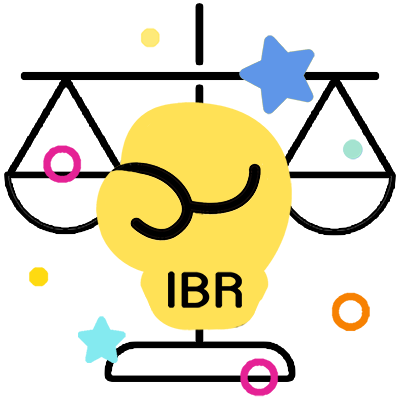IBR Stats Show Why Fighting Incorrect Reimbursement Is Worth It

In California, it can be entirely too difficult for providers to collect proper reimbursement for treating injured workers. Among the many reasons for this unfortunate reality is the fact that when the claims administrator pays incorrectly, the onus is completely on the provider to take time-consuming steps to resolve the payment dispute — and claims administrators know it.
A recent study by California’s Division of Workers’ Compensation (DWC), however, offers a little comfort regarding the epidemic of incorrect payments. From 2013 to 2017, 70% of Independent Bill Review (IBR) cases ended in the provider’s favor, with the claims administrator’s final Explanation of Review (EOR) overturned.
The takeaway? Claims administrators incorrectly underpay providers with mind-numbing regularity. They shouldn’t have to, but when providers fight back, they are likely to prevail.
DWC IBR Study
According to an April Newsline, the DWC conducted an evaluation of the first five years of the IBR program, from 2013 to 2017. All disputed bills not resolved via second review appeal during that time period fell under the scope of the study. Maximus, the private entity to which the DWC delegates IBR, provided the data, as corroborated by the Final Determination letters publicly available.
Major findings included:
- From January 2013 to December 2017, providers submitted 9,890 IBR applications comprising 11,902 listed fee schedule review requests.
- 46.2% of fee schedule review requests were for the Physician Services Fee Schedule.
- 1 of every 6 IBR applications was deemed ineligible for review. With ineligible and withdrawn applications taken into account, 55% of all applications resulted in additional payment.
- The three most disputed billing codes were:
- CPT 97799 for unlisted physical medicine/rehabilitation service (713 disputes)
- CPT 99214 for office or other outpatient Evaluation & Management (E/M) services for an established patient (381 disputes)
- Medical-Legal code ML-104 for comprehensive medical-legal evaluation with extraordinary circumstances (378 disputes)
The full study can be found on the DWC website, but the most important statistics are the ones touted by the DWC: Maximus overturned 7 out of 10 claims administrator final EORs, which resulted in claims administrators shelling out $12,277,568 in additional payment (including restitution of the $195 IBR filing fees providers paid to initiate IBR). While Maximus is far from perfect, the odds are statistically in the provider’s favor once Maximus accepts the IBR application.
Always Demand Correct Reimbursement
We find it appalling that providers have to clear so many time and resource-consuming hurdles to obtain correct reimbursement. From the work required to submit a compliant Original Bill, to the hassle of second review appeals, to the burden of initiating IBR, the workers’ comp system asks far too much in exchange for just compensation. And even when they prevail in IBR, providers aren’t guaranteed timely reimbursement, as we’ve seen time and time again.
That said, providers should take this DWC study as an encouragement to never accept incorrect reimbursement, and never allow claims administrators to fatigue your office out of full payment. Until a more efficient, balanced approach to disputes replaces the current system, use every avenue of appeal and fight on.
For the sake of providers and injured workers across the state, it’s a fight worth having.
Make billing, second review appeals, and IBR easier, faster, better. DaisyBill’s Billing Software includes everything you need to generate compliant bills, as well as quick appeals in the event of incorrect payment. Plus, our searchable IBR Decision Library is full of cases your office can use to prevail when disputes escalate.
We’ve got your back — schedule a free demonstration today.
SCHEDULE DEMO
DaisyBill provides content as an insightful service to its readers and clients. It does not offer legal advice and cannot guarantee the accuracy or suitability of its content for a particular purpose.




